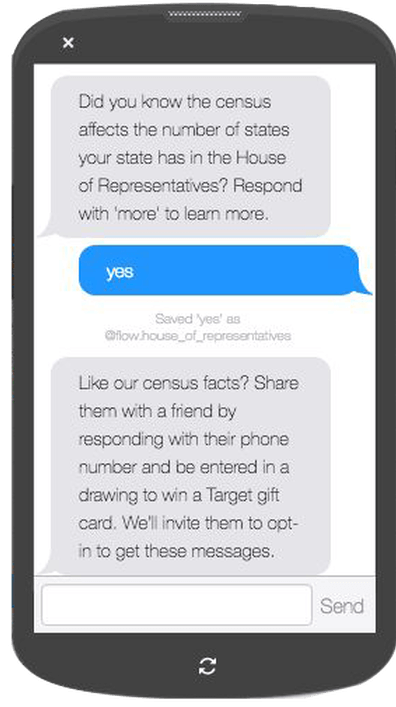The GAO has rated the 2020 Census as "high-risk." The Census could result in a large undercount of low-income, underserved, and minority households. This is likely due to several reasons:



Reassure immigrants and minorities that it’s safe
Trusted nonprofits can reassure immigrants and minorities that their answers to the Census survey are confidential, will only be used for statistics, and never be shared with any other government departments.
Encourage community to apply to be enumerators
Help community members to get hired as enumerators. Enumerators who go door to door should match the demographics and speak the language of the community members.
Educate, motivate, & activate
Immigrants and low-income people are often not familiar with the purpose or uses of the Census. Under-reporting of low-income people, especially children, is well-documented. In addition, in the current political climate, many immigrants are fearful of the government.
Help people take the online survey
Nonprofits can help low-income people who face technology barriers to filling out the Census online. They can provide computers, help with filling out the form, and language translation.

The toolkit gives an overview and concrete steps for cities to follow, and it is illustrated by the case study of the LUCA pilot experience:
https://citiesofservice.org/resource/citizen-sourced-data-city


